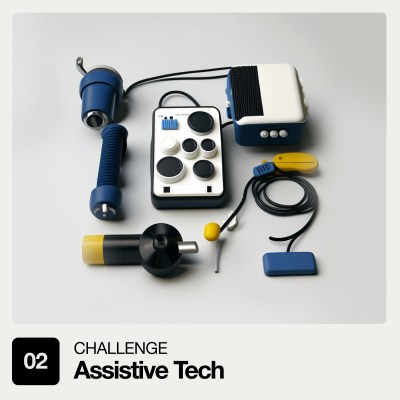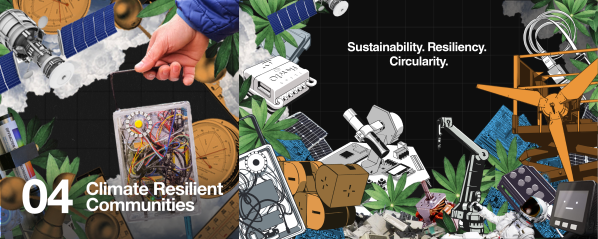A good universal remote can help tame today’s complex home entertainment systems, combining both classic IR and more modern WiFi and Bluetooth connectivity with programmable functions that allow the user to execute multi-step operations with a single button. Unfortunately, programming them often involves the use of clunky proprietary software.
 Which is why [Maximilian Kern] has developed the OMOTE. This open source universal remote is powered by the ESP32, and features the usual collection of physical buttons in addition to a 2.8” 320 x 240 touchscreen with a responsive graphical interface that can display more advanced user interfaces. Everything is packed into an ergonomic 3D printed case that gives it an exceptionally professional look.
Which is why [Maximilian Kern] has developed the OMOTE. This open source universal remote is powered by the ESP32, and features the usual collection of physical buttons in addition to a 2.8” 320 x 240 touchscreen with a responsive graphical interface that can display more advanced user interfaces. Everything is packed into an ergonomic 3D printed case that gives it an exceptionally professional look.
The remote’s USB-C port can be used to recharge the internal 2,000 mAhA battery, as well as reprogram the ESP32’s firmware via a CH340C serial chip. The battery life is estimated to be about six months given the considerable low-power capabilities of the ESP32, which includes the use of a LIS3DH 3-axis accelerometer to keep the hardware in sleep mode until it’s picked up.
The software side is still in development, so the IR codes for the remote are currently hardcoded and its WiFi capabilities are limited to MQTT. But in the future, [Maximilian] imagines a web-based configuration interface that runs on the ESP32 and lets you add codes and setup the remote via your phone or desktop.
It looks like the hardware is more or less complete, so presumably the focus from here on out will be bringing the software across the finish line. Don’t worry, there’s still plenty of time — since it’s an entry into the Gearing Up challenge of the 2023 Hackaday Prize, the judges won’t pick the finalists until August 8th.
Continue reading “Hackaday Prize 2023: OMOTE Universal Remote”





























